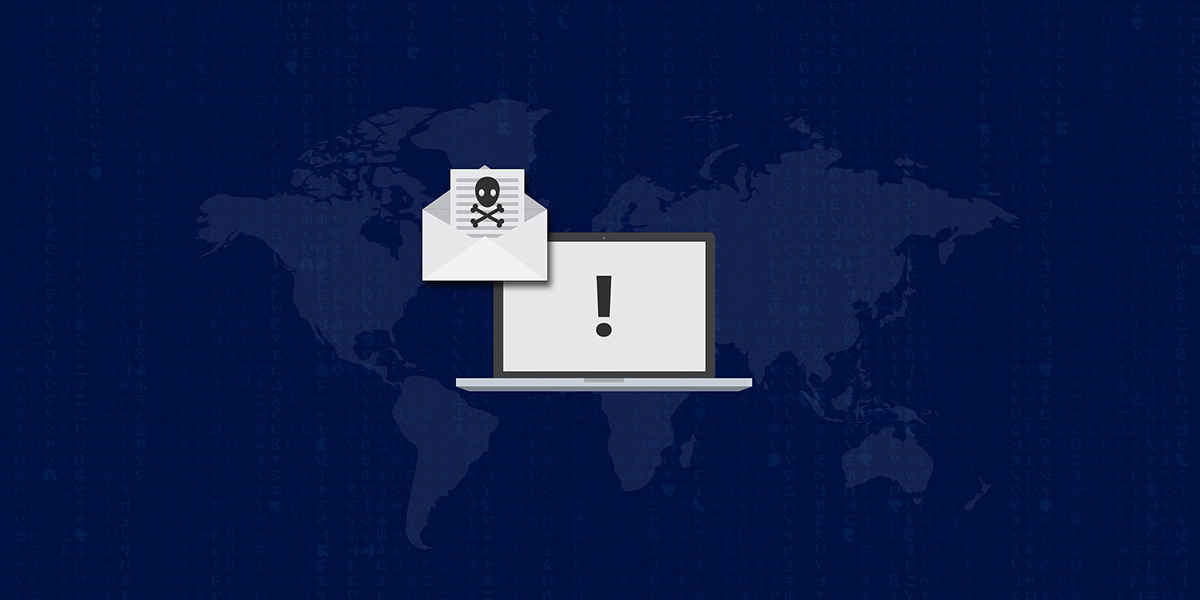The presentation highlights the human traits and abilities that maximize human-machine teaming effectiveness.

Cyber coercion is often deemed challenging due to the need for attackers to demonstrate their capability of inflicting harm while still maintaining a covert presence. However, with ransomware—locking a victim’s data and asking for ransom payment in exchange for the encryption key—these issues are nonexistent. Additionally, encryption’s ability to reverse damage, rather than destroy assets, emphasizes that cyber coercion relies on situational variables, not universal features.
Jenny Jun is a research fellow at the Center for Security and Emerging Technology (CSET) and PhD candidate in the Department of Political Science at Columbia University. She also serves as a nonresident fellow at the Atlantic Council’s Cyber Statecraft Initiative. Her current research explores the dynamics of how coercion works in cyberspace. Her broader interests include cyber conflict, North Korea, and security issues in East Asia. Jun is a co-author of the 2015 Center for Strategic and International Studies (CSIS) report North Korea’s Cyber Operations: Strategy and Responses, published by Rowman & Littlefield. She has presented her work on North Korea’s cyber operations at various panels and has provided multiple government briefings and media interviews on the topic. She received her MA and BS each from the Security Studies Program (SSP) and the School of Foreign Service (SFS) at Georgetown University.
Watch a recording of the presentation here: